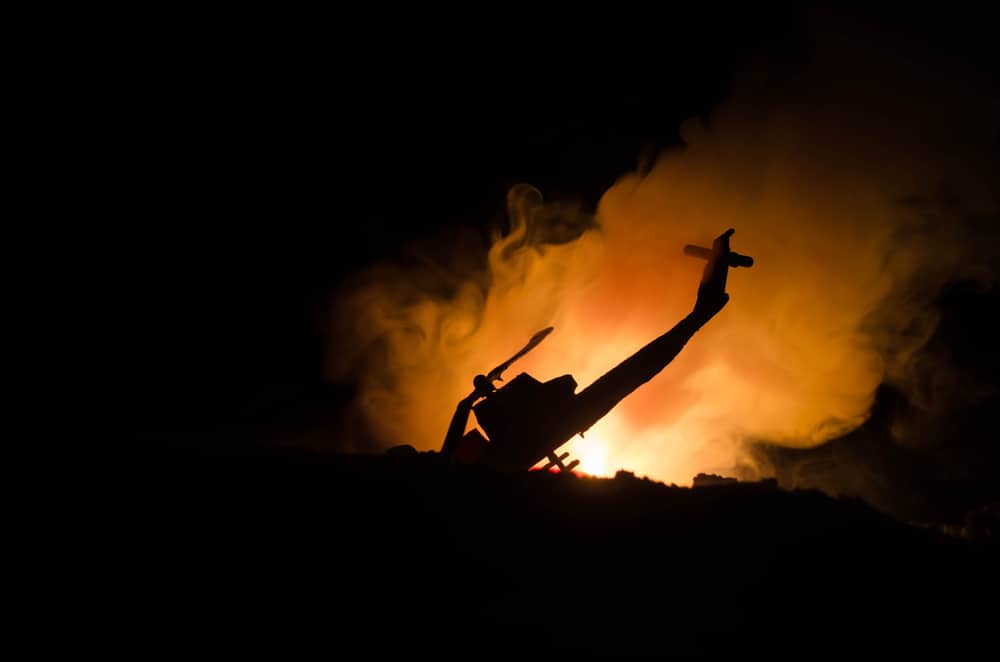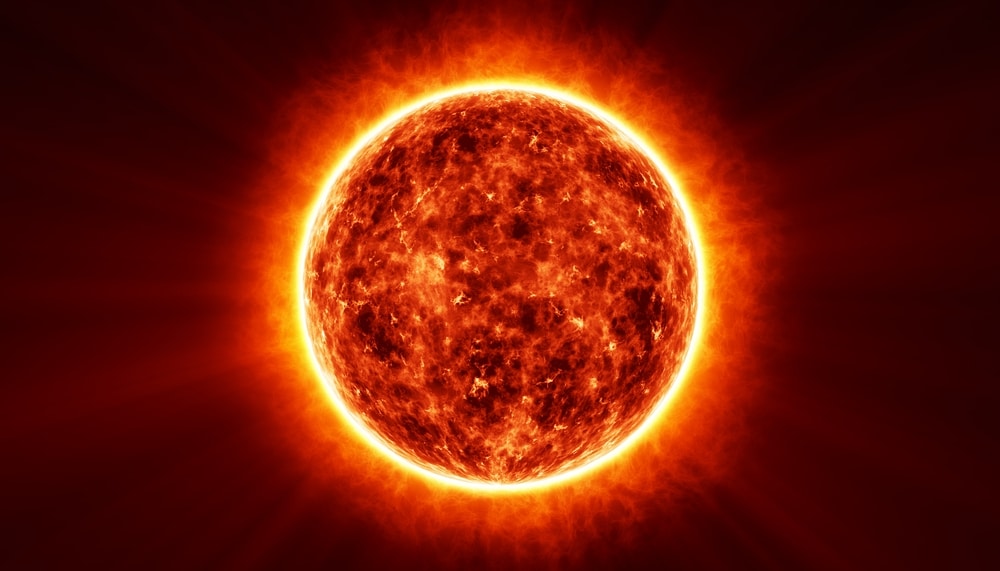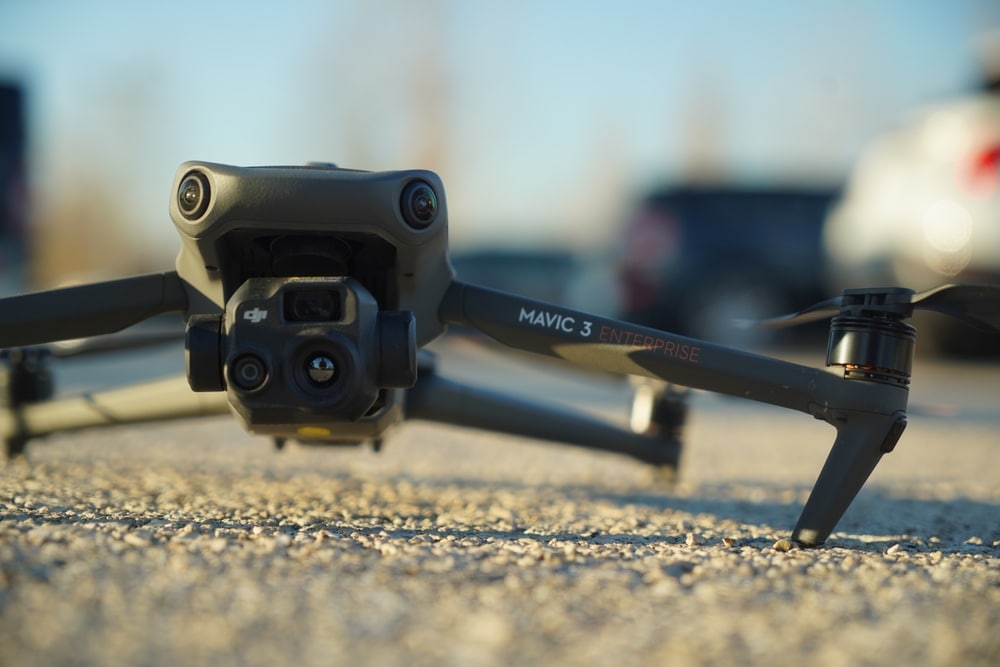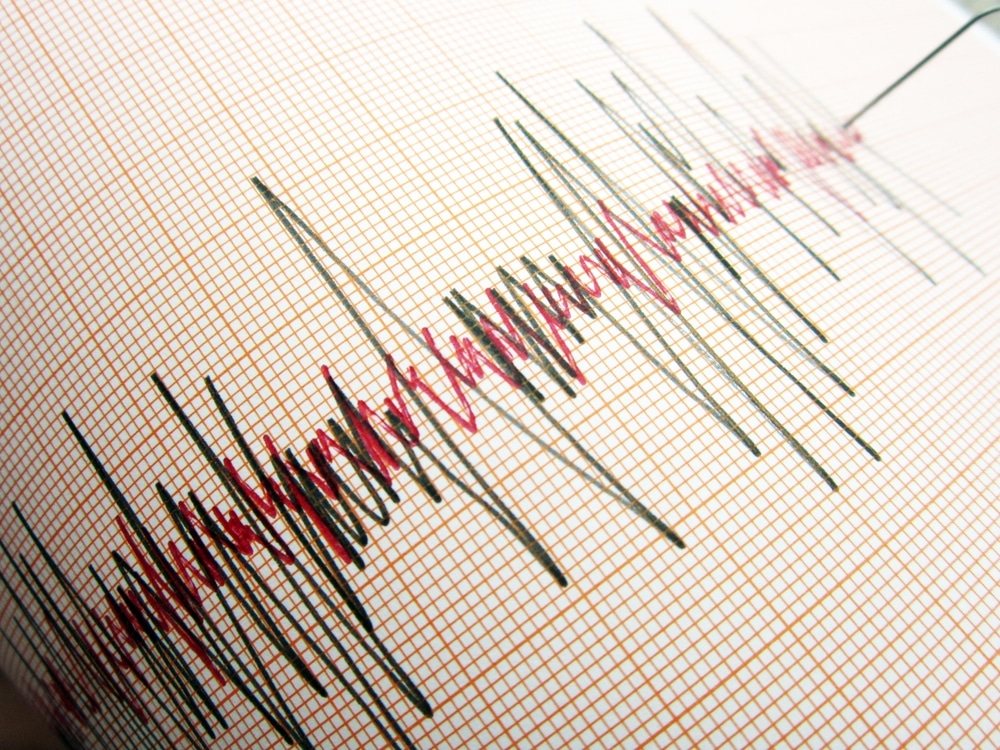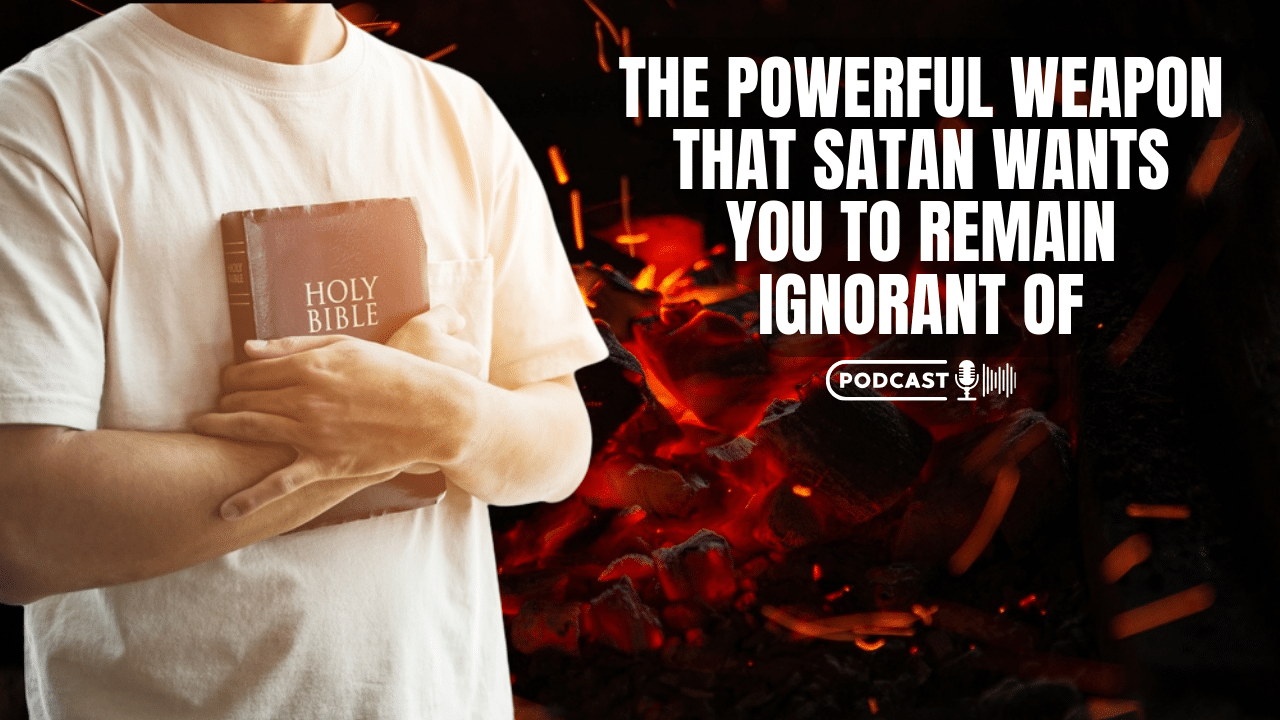Twitter has banned more than 100 accounts that pushed the pro-Russian hashtag #IStandWithPutin for participating in “coordinated inauthentic behavior,” days after the hashtag trended on Twitter amid the invasion in Ukraine.
A Twitter spokesperson said on Friday that it is still investigating the origins and links between the accounts and that it banned the accounts for violating its “platform manipulation and spam policy.”
The accounts with the most retweets about the hashtag on Wednesday only had a few dozen followers and used stock photos as profile pictures, which led disinformation researchers to question how the tweets went viral. It’s an indication that Russia’s once-feared “firehose of falsehood” has been both neutralized and drowned out in recent weeks, particularly as Western media and social platforms have sprung into action.
The swarm of inauthentic accounts was initially discovered by Marc Owen Jones, an assistant professor of Middle East studies and digital humanities at Hamad Bin Khalifa University in Qatar.
“People throw the term bots around a lot, but what we saw here was lots of accounts demonstrating inauthentic activity and astroturfing,” Jones said. “They’re not bots. They’re a lot harder to check than that. Imagine a call center setup. Think of the amount of damage you can do.”
The #IStandWithPutin hashtag then received a second wind as a trending topic when authentic accounts began tweeting the hashtag simply to criticize it. “This is the paradox of this kind of behavior,” Jones said. “Some of the most engaged tweets were people denouncing the hashtag.”
Its failed attempt at building support on Twitter is the latest illustration of a Russian propaganda war that’s fallen flat in the West. Since the invasion, the Kremlin has struggled to penetrate new barriers imposed on digital platforms and advance an anti-Ukraine narrative. On newer platforms, such as TikTok, pro-Ukraine content has dominated.







